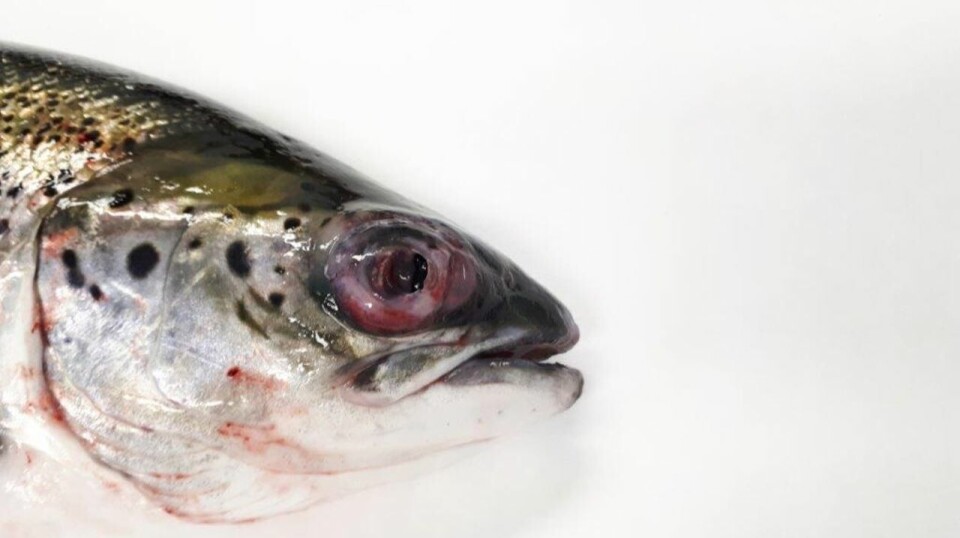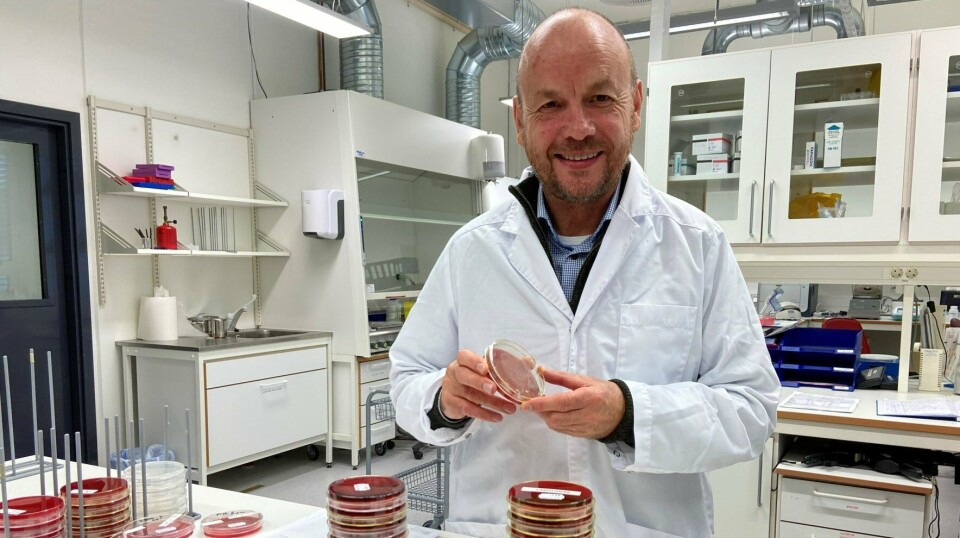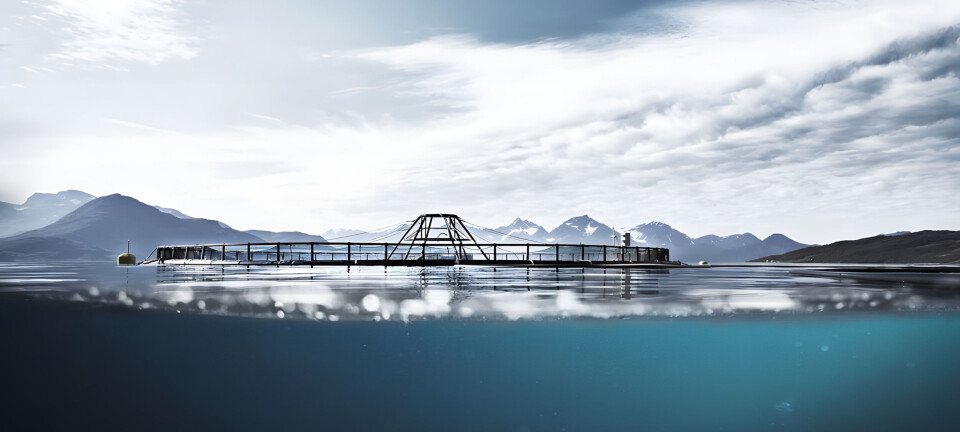
Fresh water kills Pasteurella bacteria
The Pasteurella bacterium causing pasteurellosis in farmed salmon does not seem to survive long in freshwater, Norwegian researchers say
Experiments with fresh water were carried out at the Norwegian Veterinary Institute after an epidemiological study showed that the likelihood of pasteurellosis outbreaks increases significantly after thermal or physical delousing with seawater, but not following freshwater-based delousing, writes the Veterinary Institute on its website.

In the laboratory experiment, it was investigated how long the bacterium Pasteurella atlanticus survives in water with different salt concentrations. When exposed to 100% fresh water, the bacterium was inactivated within about one hour.
"Previous work has also shown that covertly infected fish excrete pathogenic bacteria under stressful handling. Therefore, there is reason to look closer at whether freshwater-based delousing can reduce the severity and number of disease outbreaks after such treatments," says senior researcher and project leader Duncan Colquhoun.
The Pasteurellosis Project in Norwegian salmon is funded by FHF and works to describe the bacterium and increase understanding of why the bacterium has become a major problem in Norwegian aquaculture in recent years.
More results from the project will be presented at the Aquaculture 2024 conference in Tromsø, October 22-24.



































































